by Mike Phifer
During the last two years of the War of 1812, the Americans had a unit serving with them that knew well the people and country they were invading. The unit was called the Canadian Volunteers and they proved to be valuable guides and scouts for American generals. Consisting of Upper Canadians, these men had a hangman’s noose waiting for them should they be captured.
Their Irish-born commander, Lt. Col. Joseph Willcocks, once sat in the Upper Canada Legislative Assembly. He had published a newspaper attacking the government and advancing such ideas as education for all, instead of only for the children of the elite. Willcocks once said, “I am flattered at being ranked among the enemies of the King’s Servants in this colony. I glory in the distinction.” At the start of the war, Willcocks fought with the British, not going over to the Americans until 1813, shortly after their capture of York (now Toronto), the capital of Upper Canada.
[text_ad]
Burning Niagara and Lake Erie’s Port Dover
Many of the men serving in the Canadian Volunteers were American-born. They, like more than half the population of Upper Canada, had emigrated there from the United States because of inexpensive land and low taxes. When war came, loyalties to their adopted land or the land of their birth made for a tough decision.
In December 1813, the vengeful Willcocks and the Canadian Volunteers played a major role in the burning of Newark (modern Niagara-on-the-Lake), making women and children homeless in the cold. Six months later they helped torch the town of Port Dover, located along Lake Erie. Throughout the Niagara Campaign the Canadian Volunteers played an active role in patrols and skirmishes with the enemy. They were present at Lundy’s Lane and the siege of Fort Erie.
It was at this siege on September 4 that Willcocks led a sortie against a British battery. After a bloody six-hour fight the sortie was driven back, but not before Willcocks was killed. The news of his death was happily received by the Canadians and British.
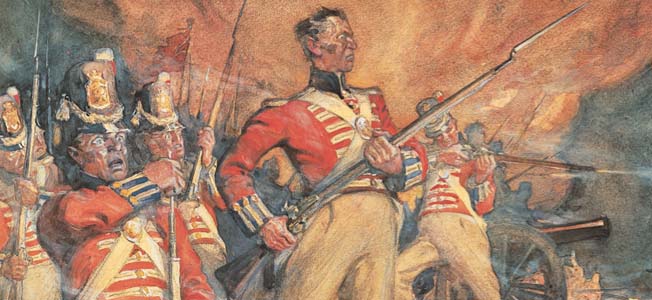
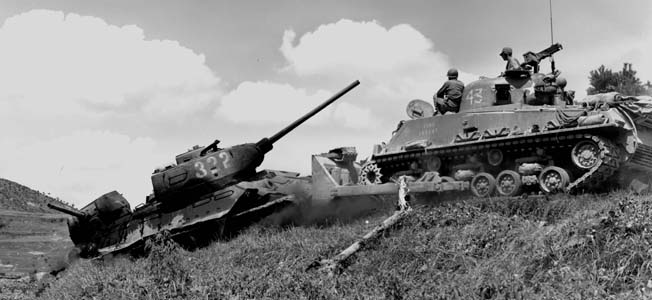
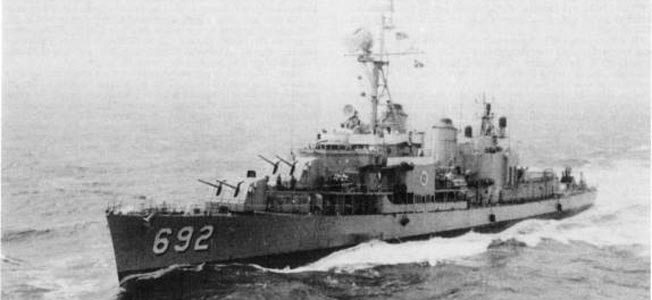
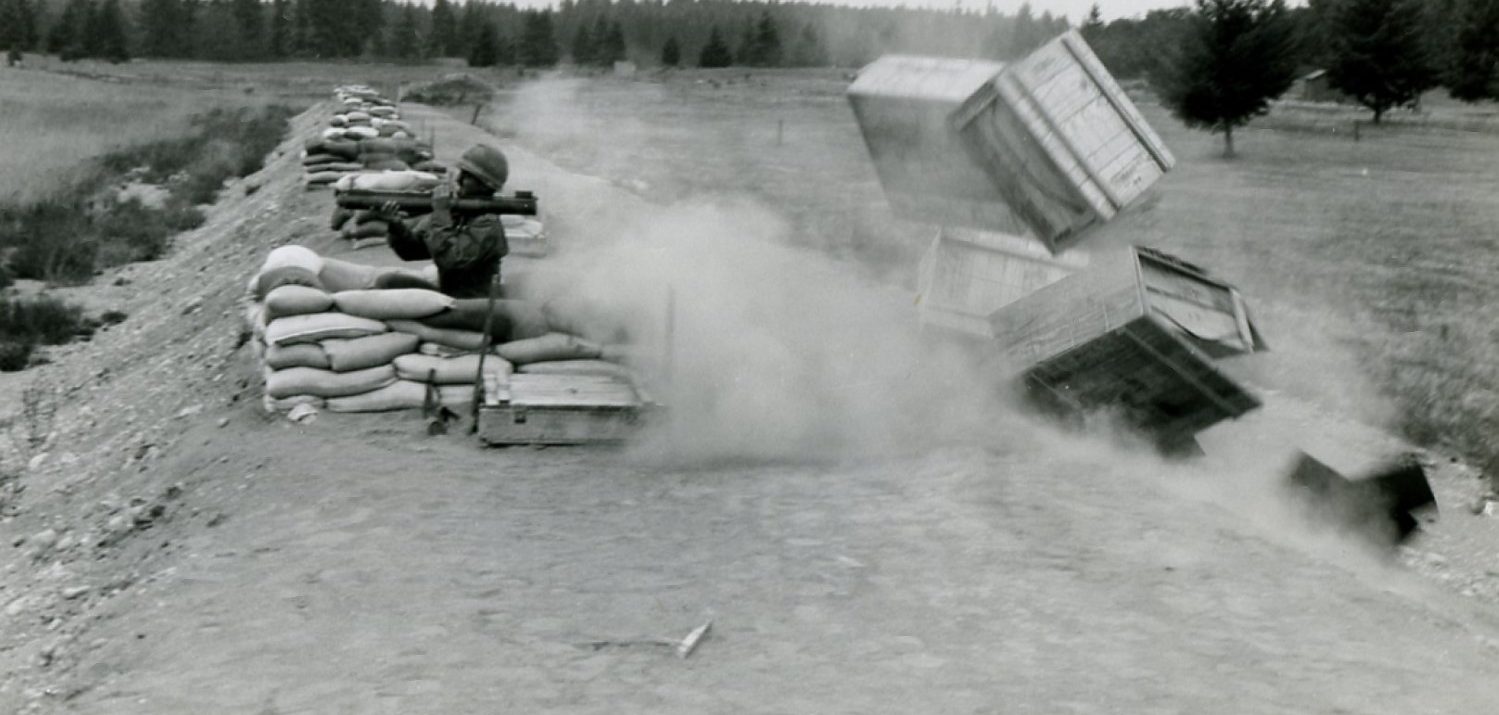
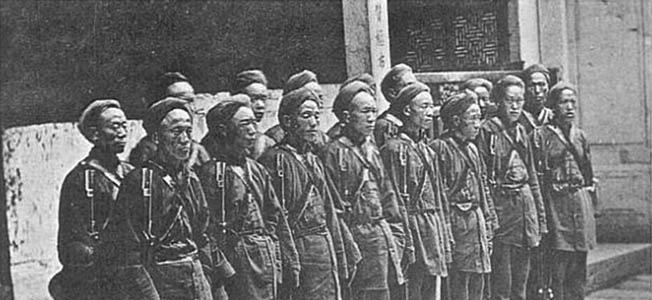
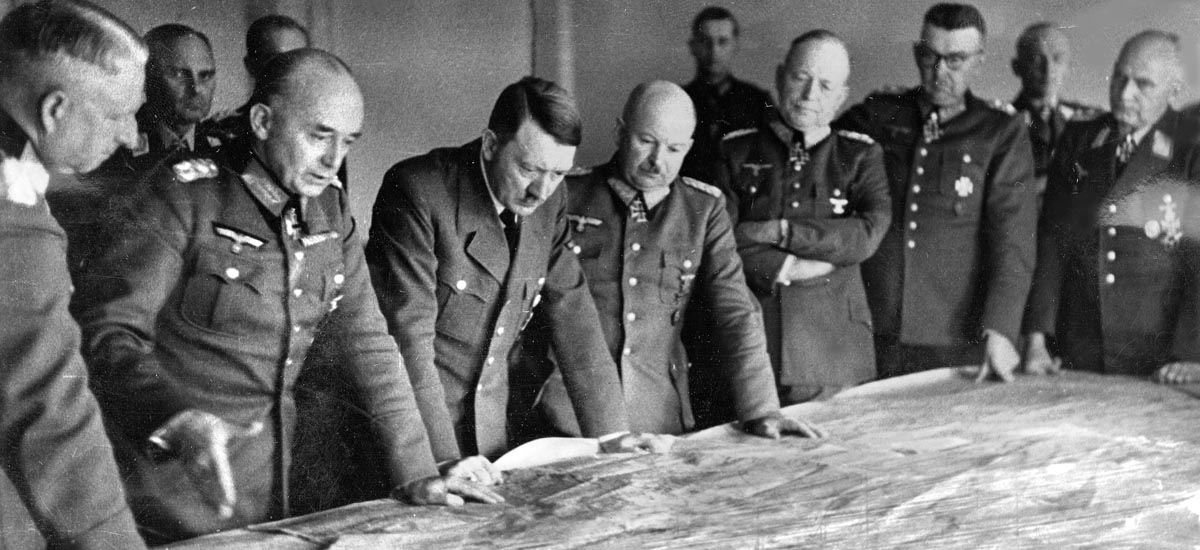
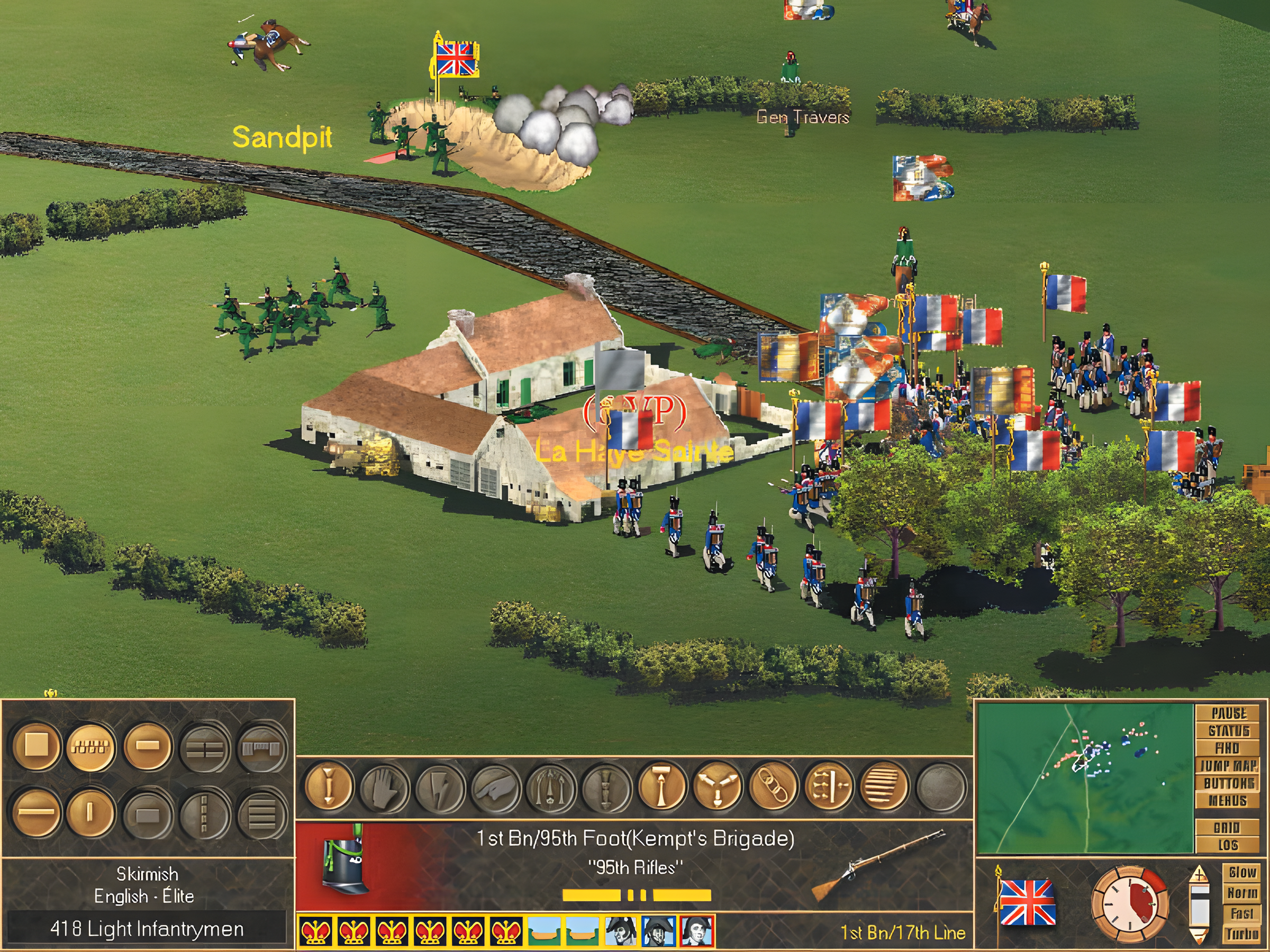
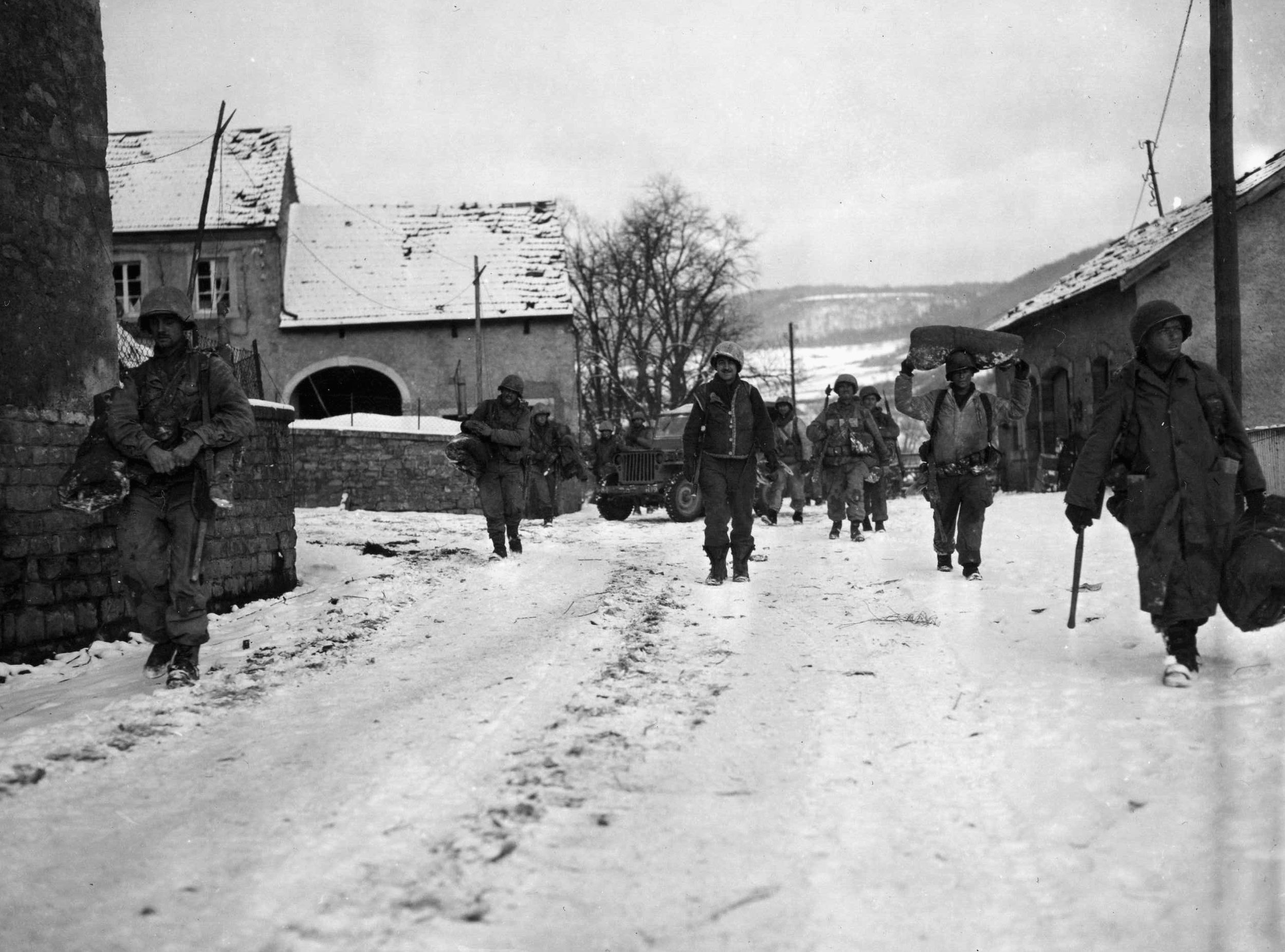
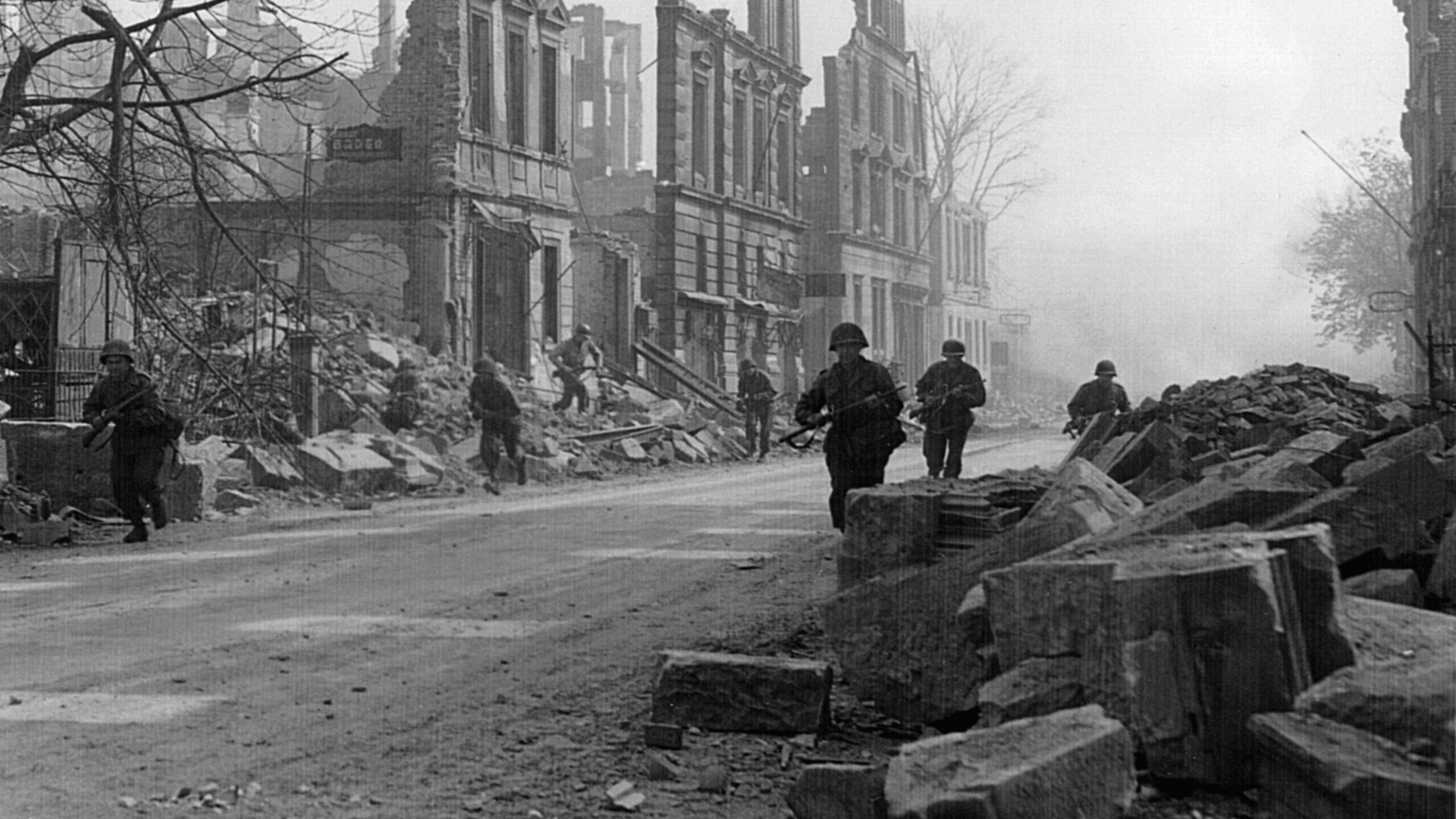
Join The Conversation
Comments
View All Comments